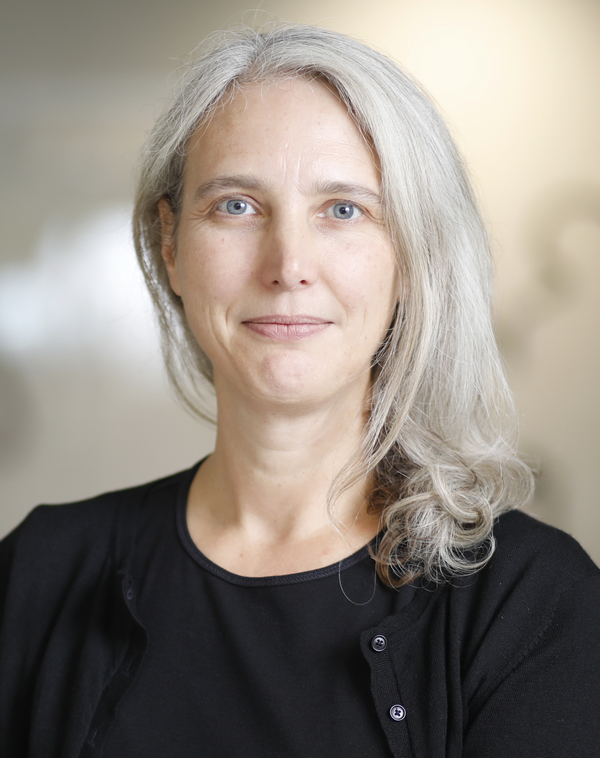Leibniz Lab
Pandemic Research Preparedness: One Health, One Future
The Leibniz Lab "Pandemic Preparedness" aims to prepare for future pandemics by bringing together the expertise of 41 Leibniz Institutes.
It focuses on four key areas: Environment-animal-human interphase, disease burden, pandemic management, and pandemic-resilient education systems.
This multi-perspective approach will create a dynamic consortium that adds to clinical initiatives and supports stakeholders in developing evidence-based action plans. The Leibniz Lab focuses on potential respiratory pathogens for future pandemics, studies alternative animal husbandry to reduce risk, analyzes pre-pandemic immunity in the population, and identifies mechanisms of severe disease progression. These findings are used to make urban areas and healthcare systems more resilient and strengthen educational institutions during pandemics. Strategies for international cooperation in preparing for and responding to future pandemics are also being developed.
Member Institutions
ARL – Academy for Territorial Development in the Leibniz Association, Hanover
ATB – Leibniz Institute for Agricultural Engineering and Bioeconomy, Potsdam
BNITM – Bernhard Nocht Institute for Tropical Medicine, Hamburg
DIE – German Institute for Adult Education – Leibniz-Centre for Lifelong Learning, Bonn
DIPF – Leibniz Institute for Research and Information in Education, Berlin & Frankfurt
DIW – German Institute for Economic Research, Berlin
DPZ – Leibniz Institute for Primate Research, Göttingen
DRFZ – German Rheumatism Research Centre, Berlin
DSMZ – Leibniz Institute DMSZ – German Collection of Microorganisms and Cell Cultures, Braunschweig
DWI – Leibniz-Institut für Interaktive Materialien, Aachen
FBH – Ferdinand-Braun-Institut – Leibniz-Institut für Höchstfrequenztechnik, Berlin
FBZ – Research Center Borstel – Leibniz Lung Center, Borstel
FLI – Leibniz Institute on Aging Research – Fritz Lipmann Institute, Jena
FMP – Leibniz-Forschungsinstitut für Molekulare Pharmakologie, Berlin
HKI – Leibniz Institute for Natural Product Research and Infection Biology – Hans Knöll Institute, Jena
IfADo – Leibniz Research Centre for Working Environment and Human Factors, Dortmund
IfW – Kiel Institute for World Economy, Kiel
IGB – Leibniz Institute of Freshwater Ecology and Inland Fisheries, Berlin
IHP – Leibniz Institute for High Performance Microelectronics, Frankfurt/Oder
INM – Leibniz Institute for New Materials, Saarbrücken
INP – Leibniz Institute for Plasma Science and Technology, Greifswald
IOER – Leibniz Institute of Ecological Urban and Regional Development, Dresden
IPB – Leibniz Institute of Plant Biochemistry, Halle/Saale
IPHT – Leibniz Institute of Photonic Technology, Jena
IPN – Leibniz Institute for Science and Mathematics Education, Kiel
ISAS – Leibniz-Institut für Analytische Wissenschaften, Dortmund
IUF – Leibniz Research Institute for Environmental Medicine, Düsseldorf
IWM – Leibniz-Institut für Wissensmedien, Tübingen
IZW – Leibniz Institute for Zoo and Wildlife Research, Berlin
LIB – Leibniz Institute for the Analysis of Biodiversity Change, Bonn
LIN – Leibniz Institute for Neurobiology, Magdeburg
LIR – Leibniz Institute for Resilience Research, Mainz
LIV – Leibniz Institute of Virology, Hamburg
LSB – Leibniz Institute for Food Systems Biology at the Technical University Munich, Munich
MfN – Museum für Naturkunde – Leibniz Institute for Evolution and Biodiversity Science, Berlin
PRIF – Peace Research Institute, Frankfurt
RWI – Leibniz Institute for Economic Research, Essen
SGN – Senckenberg Society for Nature Research, Frankfurt
TROPOS – Leibniz Institute for Tropospheric Research, Leipzig
ZEW – Leibniz Centre for European Economic Research, Mannheim
ZPID – Leibniz Institute for Psychology, Trier

Contact

Claudia Waskow
Spokesperson for FLI
+49 3641 65-6707
claudia.waskow@~@leibniz-fli.de
More information:








